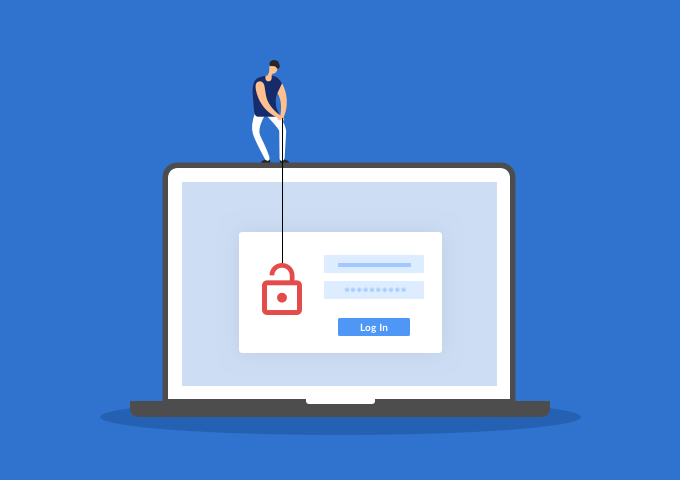


Is password sharing the ultimate display of trust? It might be, but relationships-both romantic and platonic-don’t last forever. 43% of US adults have shared a password with someone ( Google, Harris Poll) An additional 52% reused the same password for some of their accounts, while 35% used unique passwords for every account. 13% of Americans use the same password for every account ( Google, Harris Poll)Ī Google poll found that 1 in 8 US adults used the same password for every single one of their online accounts. In the first three months of 2019 alone, Microsoft discovered that 44 billion accounts were reusing the same password credentials. Reusing passwords makes users vulnerable to data breaches. A 2019 Google/Harris Poll survey of 3,419 US adults found that only: Most Americans are hesitant to take measures that would strengthen their passwords and protect their data online. Two-thirds of Americans use the same password across multiple accounts ( Google, Harris Poll) An additional 23% were unsure whether they were involved in a data breach. GoodFirms’ survey found that 30% of respondents-all IT professionals-experienced a data breach because of a weak password.
GOOGLE PASSWORD BREACHES CRACKED
Weak passwords are short, easy to guess, or can be cracked in minutes using methods like credential stuffing. 30% of users have experienced a data breach due to weak passwords ( GoodFirms) These are the top password bad habits putting users at risk today.

Remembering and keeping track of a growing list of passwords is inconvenient to say the least. In a world of multiple devices, apps, and streaming channels, the average person has dozens of passwords.
GOOGLE PASSWORD BREACHES FULL
MFA And Passwordless Security Statisticsīefore exploring the full list, here are our top 5 password statistics:.What is the state of passwords today? Keep reading to learn the latest password statistics and see how poor password habits could be putting consumer and business data at risk. Still, most people rarely change their passwords. Even strong passwords are vulnerable to a cyber attack. Yet millions of users rely on- and reuse-weak passwords that can be hacked in a matter of minutes. Passwords are the guardians of personal data. Each of those accounts hold sensitive information, often protected by a user-created password. Depending on their career, they could have another dozen or more work accounts. Our study illustrates how secure, democratized access to password breach alerting can help mitigate one dimension of account hijacking.The average internet user has over a dozen online accounts. By alerting users to this breach status, 26% of our warnings result in users migrating to a new password, at least as strong as the original.

Based on anonymous telemetry from nearly 670,000 users and 21 million logins, we find that 1.5% of logins on the web involve breached credentials. To demonstrate the feasibility of our protocol, we implement a cloud service that mediates access to over 4 billion credentials found in breaches and a Chrome extension serving as an initial client. Here, a client can be an end user, a password manager, or an identity provider. In this paper, we propose a privacy-preserving protocol whereby a client can query a centralized breach repository to determine whether a specific username and password combination is publicly exposed, but without revealing the information queried. Protecting accounts from credential stuffing attacks remains burdensome due to an asymmetry of knowledge: attackers have wide-scale access to billions of stolen usernames and passwords, while users and identity providers remain in the dark as to which accounts require remediation.


 0 kommentar(er)
0 kommentar(er)
